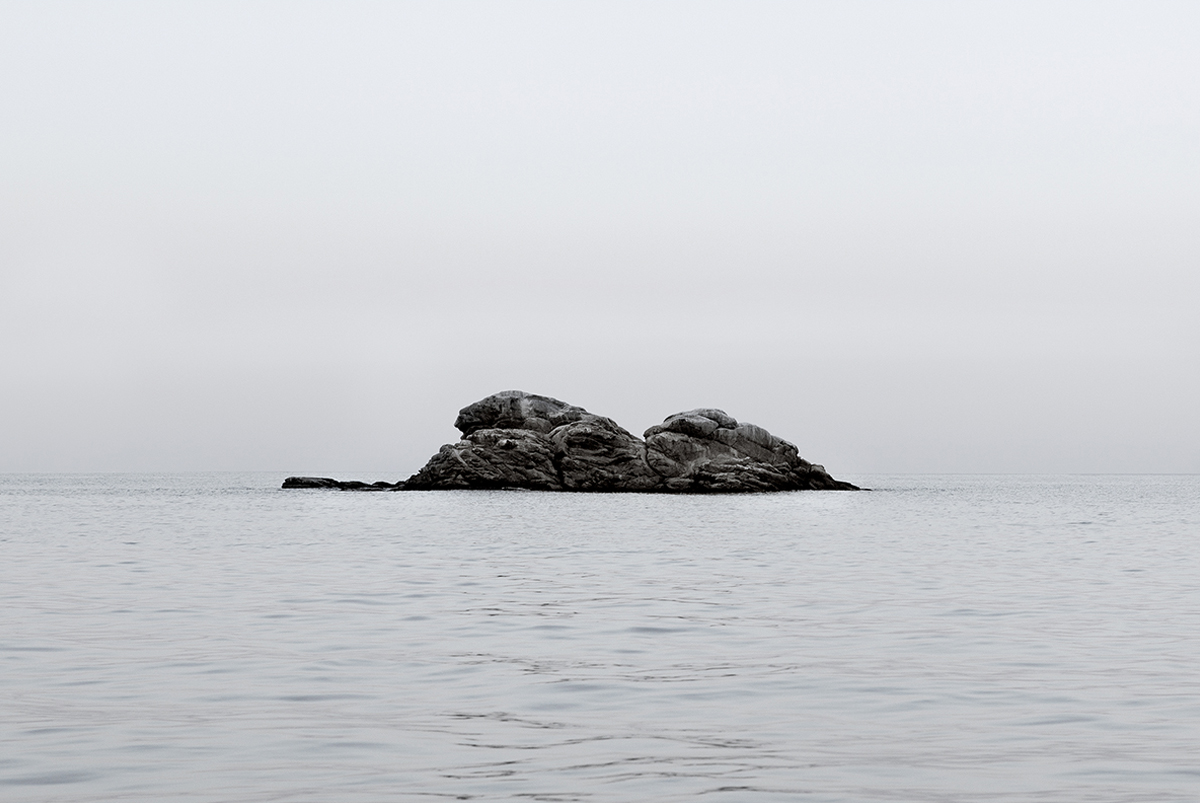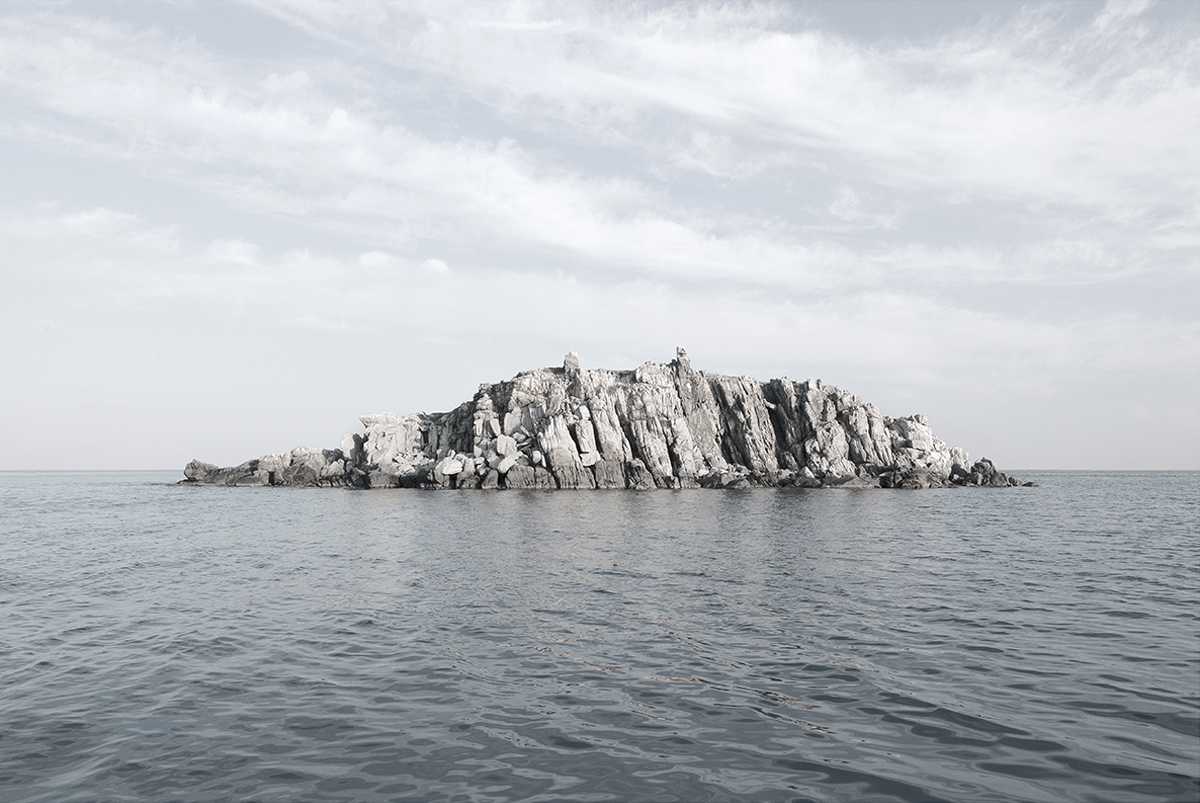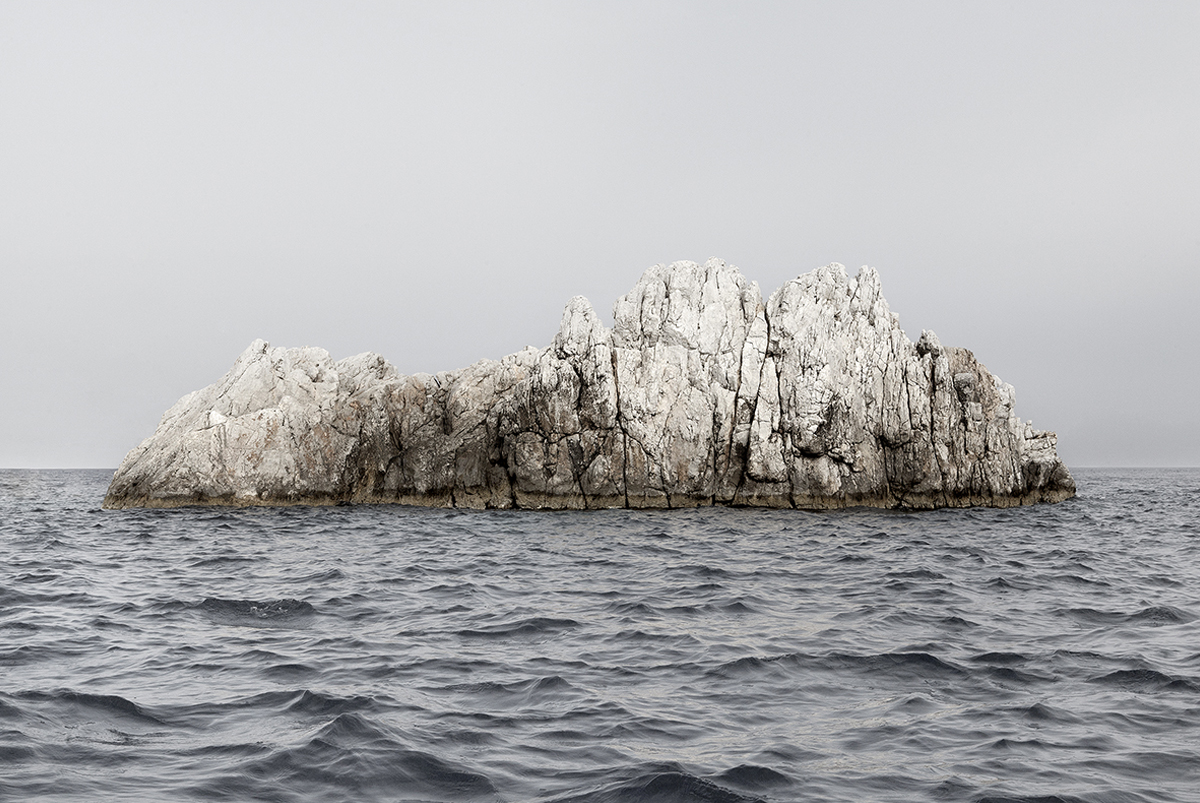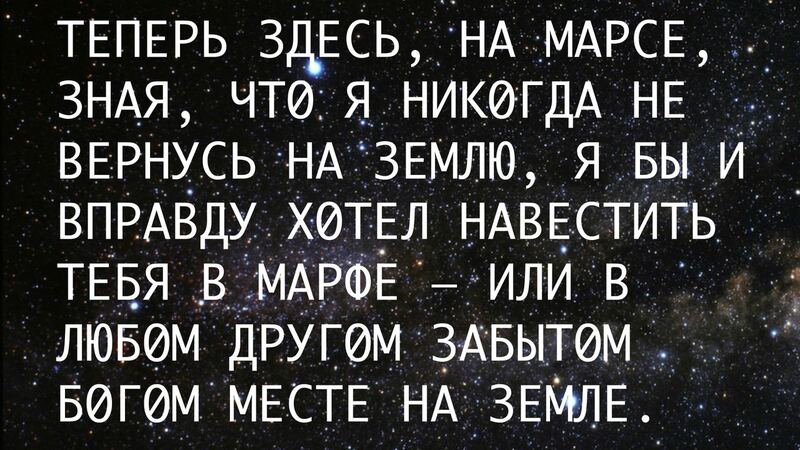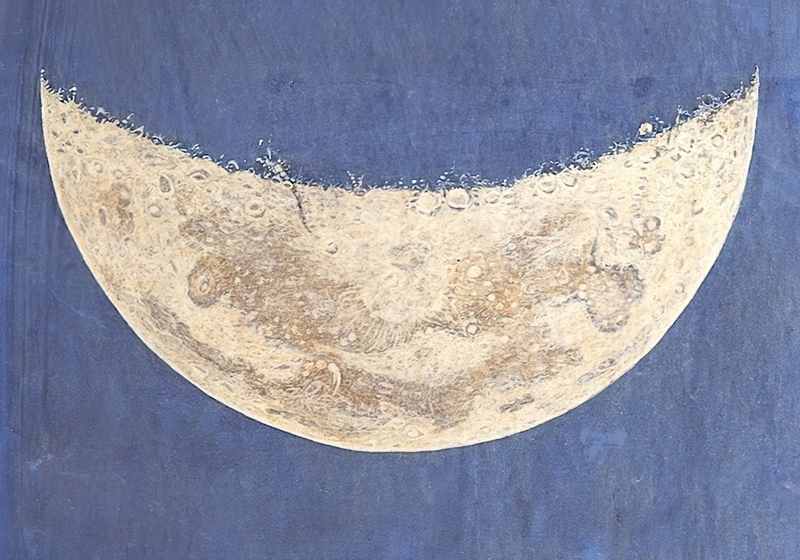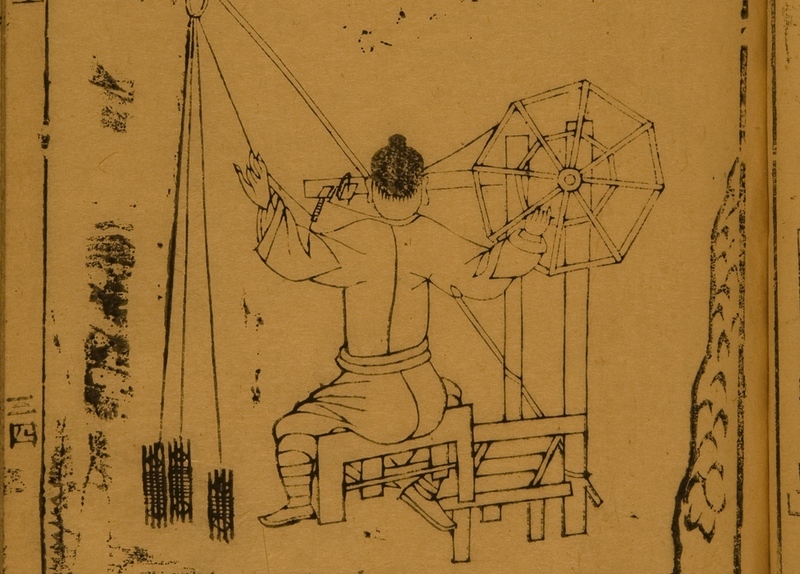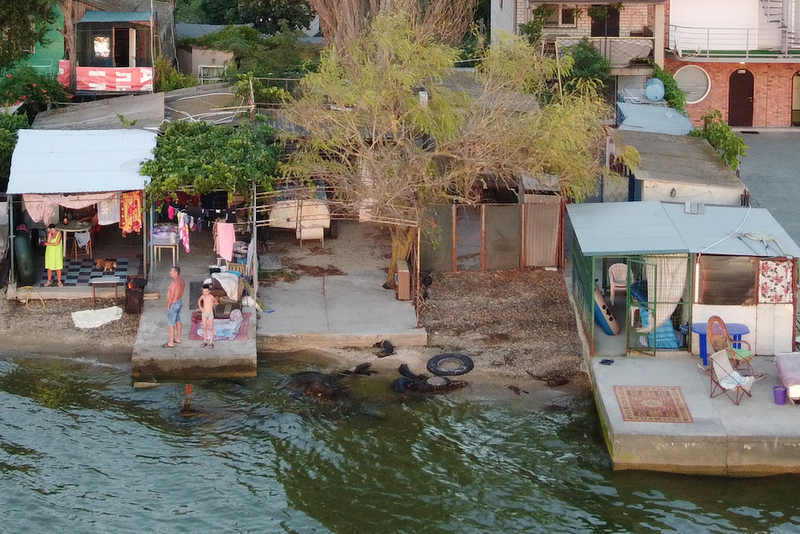Decolonial researchers Madina Tlostanova and Walter D. Mignolo discuss what knowledges exist beyond European modernity and what kinds of humanity are possible beyond anthropocentric assumptions. This is the first material in the series Tacit Knowledges—an educational program developed by CCA that looks at different ways of understanding and engaging with philosophy. Through a series of conversations, the project will bring to light non-Western episodes of philosophical history as well as give voice to epistemologies that have been dismissed as irrational or non-systematic.
It dismisses other cosmologies, epistemologies, and ways of thinking (mostly coming from non-European spaces or non-modern times) as pre- or proto-philosophy or ethno-philosophy that is always imperfect and in need of improvement, to match the Euromodern rational standard. The real messy and transcultural history of ideas has been therefore systematically white-washed, sanitized, and westernized, for instance in forging a direct link between Ancient Greek and modern Western philosophy erasing various “compromising” influences, from Egypt to India, Persia and the Middle East; or ignoring the crucial Muslim Hellenistic Andalusian connection without which many Ancient Greek philosophic texts would be lost for the future generations.
Moreover, in this logic a contemporary non-European philosophy becomes an oxymoron as being “contemporary” presupposes losing one’s ethnic or cultural difference to become aligned with some accepted, homogenized, delocalized norm. The norm itself can change and is dependent on short-lived fashion such as the New Materialist turn today that is attempting to rehabilitate ontology. Yet the new norms are still defined by the same western/northern philosophic elite that continues to practice its “sanctioned ignorance”“sanctioned ignorance”Gayatri Spivak, A Critique of Postcolonial Reason. Toward a History of the Vanishing Present (Boston: Harvard University Press, 1999), 2-4. and compare every philosophic apple to its own model orange. Getting lost for centuries in its own backyard of generic contradictions and short circuits that it is unable to resolve, the rigid Euromodern philosophy has not only become obsolete but also dangerous for the survival of our species, of life at large, of the planet we inhabit. It is urgent to not only make tacit knowledges and silenced voices present, visible and heard, but also initiate a transversal dialogue among them, bypassing the Euromodern sanction/mediation though without ruling out possible dialogues with “humbled” and downsized Western critical voices. What is important, I believe, is not to save philosophy or make it better, to restore the equality of representation, but rather to remember why was and is philosophy needed in the first place.
Two examples come to mind. I was born and educated in Argentina. At the university I studied “philosophy and literature” which form the branch of knowledge generally called “humanities” in the tripartite division between natural sciences, social sciences, and the humanities (plus, of course, the professional schools). Rodolfo Kusch (1920-1979) was a philosopher of German descent. His parents moved to Argentina after WWI. German was the family language, which was handy to study philosophy. Disenchanted with the limits of Western philosophy, he devoted most of his life to understanding “el pensamiento indígena y popular” (Indigenous and popular thinking). His most important bookHis most important bookRodolfo Kusch, Indigenous and Popular Thinking in América, translated by Maria Lugones and Joshua Price (Durham: Duke University Press, 2011). was translated into English. At the very beginning he set up the parameters of his inquiry. He notices that in América (with accent) there are two ways of philosophizing. The official and the private one. The official, explicit, one learns at the university a series of European issues and problems translated as philosophy. The other, implicit, is the way of thinking in the street, in the countryside, and in the mountains. He noticed that Kant and Hegel, for instance, expressed the intimate feeling of the bourgeoisie of their time, which was neither the time nor the place to engage in Argentina, a former colony where of course there could not be a bourgeoisie similar to the one emerging in Europe at that time. He felt and engaged in a sustained investigation and thinking grounded in the colonial gravitations of Argentina and América memories, sensing and trajectories of thoughts.

Far from being some exotic exercise of affirmative action, the task of letting the silenced knowledges speak is urgent for most of the world and particularly for spaces of multiple intersecting dependencies and unfreedoms—imperial, ideological, economic, and other. Take e.g. the indigenous cultures in the Caucasus, in the Urals and Siberia, the Arctic inhabitants, or the colonized populations of Central Asia whose ontologies, epistemologies, ethical and aesthetics systems, and notions have been systematically denigrated as not good enough to be considered knowledge or (in the cases when their obvious superiority or precedence in relation to Euromodern canons was impossible to hide)—entirely confined to the past.
The task of letting the silenced knowledges speak is urgent for most of the world
One of the specific and very effective means of Soviet colonial tactics was to change literacy and alphabetic traditions to ensure there was no continuity and the only way to transfer knowledge was oral. For example, in the North Caucasus the ancient literacies were lost in BC times. Starting from the 19th century, efforts of local intelligentsia to create alphabets for their native languages based on Arabic graphics and less frequently on Cyrillic and Latin bases, were quickly subsumed by the Soviet top-down Islamophobic campaigns enforcing Latinization in the mid 1920s and Cyrillic alphabet from 1936 onwards. The orality of the local literary, musical and wisdom forms, the fact that they were just beginning to be transcribed and the new ways and forms of keeping this legacy for the coming generations were just beginning to be looked for, made them extremely vulnerable for the Bolshevik cultural assault. The rapid change of alphabets made it impossible for the people to have access to their own culture. Historians still seldom discuss the gigantic early Soviet Arabic-print book bon-fires burning around the Caucasus as well as Central Asia wiping out the whole previous Arabic-based literacy traditions of not just religious but also scientific books, historiography, philosophy, and fiction. Some books were literally buried in people’s gardens as their educated Muslim owners, following Islamic notions, refused to subject the noble books to shameful burningshameful burningKalpana Sahni, Crucifying the Orient. Russian Orientalism and the Colonization of Caucasus and Central Asia. (Oslo: White Orchid Press, 1997)..
The continuous epistemic taxonomies are very well known and have been criticized time and again by so many thinkers in so many books (K. Mahbubani’s Can Asians Think? and H. Dabashi’s Can Non-Europeans Think? are just the two most obvious onestwo most obvious onesKishore Mahbubani, Can Asians Think? Understanding the Divide between East and West (Hanover, NH: Steerforth Press, 2001); Hamid Dabashi, Can the Non-Europeans Think? (London: Zed Books, 2015). that come to mind). Yet nothing really changes and the Euromodern normative frame continues to be imposed onto all other ways of making sense of the world. The global institution of knowledge production today as before reinstates the asymmetrical intellectual labor division which is clearly seen e.g. in the economy of approval and legitimation through a translation into and publication in English/commentary and analysis by a Western authority. Even your comment that Kusch’s book was translated into English is a good example of this unconscious normalized asymmetry reinstating that all intellectual collaborations have to be done via English and the higher sanction of the Anglophone intellectual elites. I am not sure this book will be ever translated into Russian by the way.
What I find increasingly problematic is the lack of horizontal deep coalitions as María Lugones used to call themcall themMaria Lugones, Pilgrimages/ Peregrinajes. Theorizing Coalition against Multiple Oppression (New York and Oxford: Rowman and Littlefield Publishers, 2003), 98.. Voices challenging the existing framework are many, but they are still compartmentalized and isolated from each other and fight their losing battles one on one with the monstrous Euromodern knowledge production system. Why are we and other non-Euromodern thinkers lacking the genuine interest in each other’s ways of thinking? Where is our drive to engage with each other’s ideas bypassing the Euromodern endorsement? This incapacity to connect transversally is sadly a sign of a successful modern/imperial divide and rule politics, generating inferiority complexes that are reproduced generation after generation within the catching-up logic. Clearly, it is time we questioned the frame, the carcass onto which knowledge or what is considered as such, is being planted rather than merely adding new information to the old frame. It is impossible to mend this frame, it needs to be designed away and rebuild anew. The question is how to do it? Are decolonial infiltrations from within enough or something more radical and strategic is needed at this late point? What is your vision on this?
” Thinking for him was in language itself, in languaging Humberto Maturana would saywould sayHumberto R. Maturana, “Languaging as a manner of flowing in recursive con-sensual coordination of behavior, is a manner of living in coordination of doings, not a manner of symbolizing the features of an independent reality. That is, languaging is a manner of living in doing things together in the particular domain of consensual doings in which the languaging is taking place through the flow of the interactions of the participants. We human beings exist in language, and as we language we can say nothing outside language.” The Nature of Time. November 27, 1995.
. Heidegger most likely (or perhaps) believed that German language is the most up for thinking. With Maturana I take languaging (what we human beings do with languages that we human beings create), the verbalization (oral or written), or thinking. Non-human animals think, but they do not language (verb) to arrive at the invention of a second order thinking that Ancient Greeks called philosophy.
The human species did not have to wait until the Greeks to start thinking
So once one delinks from the illusion, the end of philosophy, one re-link of necessity with thinking: the end of philosophy is possible because it is a human invention but you cannot end thinking because thinking is not only constitutive of the human organism (cognition is biological) but is the energy that moves and animates the universe. To believe that thinking is a privilege of human beings is simply a belief held by Western individualism and anthropocentrism.
Limiting ourselves to the human species, thinking is always already embedded in the praxis of living. However, while cognition is biological, human praxes of living are culturally configured and languages that carry millenarian memories of people Central, East and Southeast Asia, Southern Africa, the Caribbean, or South America of the Latinas in the US, also carried particular ways of thinking. It is only in the European praxis of living that a particular way of thinking that Ancient Greeks call philosophy emerged. The human species did not have to wait until the Greeks to start thinking.
So then why worry about philosophy rather than focusing on thinking on your own ground? Chicana thinker and lesbian, Gloria Anzaldúa, underscores what she calls la facultad. One may think that this is related to Immanuel Kant's The Contest of the Faculties (1798). Kant proposed a reorganization of knowledge and way of knowing at the university, which was part of the State. That is, he was proposing a reorganization and management of knowledge to educate the citizens of the emerging nation-states, that is, the rise of a secular European bourgeoisie. As Chicana and lesbian, Anzaldúa had little interest in fitting into the university structure of knowledge and regulation of knowing. She was rather interested in liberating herself from that. So, she highlighted the crucial concept of la facultad. What is it?
La facultad, Alzaldúa tells ustells usGloria Anzaldúa, Borderland/La Frontera. The New Mestiza (San Francisco: Aunt Lute, 1987)., “is the capacity to see in surface phenomena the meaning of deeper realities…It is an instant ‘sensing,’ a quick perception arrived at without conscious reasoning.” What is then la facultad if not the living energy that propels and stores tacit or implicit knowledge? To talk about tacit or implicit knowledge is to talk about something we know. However, la facultad is not knowledge but the capacity of knowing in any and all changing situations, it is the living organism’s readiness to know, the knowing capacities of living organisms. But she says something more interesting to help us understand the managing and controlling institutional function of philosophy. Anzaldúa adds that “possessing this sensitivity” and being aware of it, releasing it, not suppressing it (philosophy is a mechanism of suppression of sensitivity), makes us “excruciatingly alive in the word.”“excruciatingly alive in the word.”Ibid.
And more so, Anzaldúa adds, those who are in readiness to release the energy of la facultad are those who feel the repression of the coloniality of knowing, sensing, and believing, and philosophy is one important component of the coloniality of knowing. By the coloniality of knowing I mean the taken-for-granted, evaluating reason that classifies and ranks what is valid knowledge and what is correct knowing and what is not. Anzaldúa thus writes that la facultad is always in readiness among “those who are pounced on the most have it the strongest—the females, the homosexuals of all races, the dark-skinned, the outcast, the persecuted, the marginalized, the foreign.” The one possessing this sensitivity is excruciatingly alive in the world.
The time to reduce Western philosophy to size has arrived. Philosophy has the right to exist, in the corners where it is accepted and useful. It is not useful for the majority of the world population.

Today’s ecological crisis, it seems, is a result of this modern philosophical deficiency that is grounded in ontological alterity, in taking ourselves out of the world and occupying a delocalized vantage point, in looking at the world and cognizing it in an ontologically ruptured way. Hence the fatal human loss of proportionate need in consumption, a measure that one finds not only in the majority of indigenous cosmologies, economies, and ethics, but also in the lives of other animals.
A decolonial approach could cancel the dichotomy of nature and culture as such and shift to a complex relationality and process-based view of our entanglements with the planet
So, it looks like as long as we keep the concept of nature as the other of humans, of culture or civilization, anthropocentrism will continue to reign, even if in paradoxical forms of criticizing itself. Even asking science to help Western philosophy is unable to get out of this dead-end. A decolonial approach on the contrary, could cancel the dichotomy of nature and culture as such and shift to a complex relationality and process-based view of our entanglements with the planet, with other lives, with inanimate matter. In this sense what is needed is a major rethinking of naturalized and massively imposed concepts and ways of making sense of the world.
Philosophy and colonialism (the two of us would say now coloniality rather than colonialism and Siseko also referred to coloniality) control and shape the thought of all those under them. In fact, philosophy is part and parcel of coloniality, it is a fundamental piece of the coloniality of knowledge. They are very clearvery clearOlivia Goldhill, “Philosophy is the new battle ground in Africa´s fight against colonialism.”, Quart, September 2018. that “in South Africa the education system was explicitly designed to justify white people’s domination. The remnants of this intensely racist system still run through much of South African schooling: students are predominantly taught in English, rather than in local languages such as Zulu or Sesotho, while ‘African studies’ is a small subsection of most universities. And philosophy, in South Africa, is the domain of European thinkers.”
Now if we push this type of argument further, we begin to see that since philosophy is, in modern Western systems of higher education, a discipline within the humanities, we could say, joining the African philosophers, that “philosophy and the humanities are consubstantial to coloniality and therefore both are instruments to shape the thoughts of all those under them.” If then philosophy and the humanities, as instruments of coloniality of knowledge, “justify white people’s domination”, coloniality of knowledge, of which philosophy and the humanities are instruments, is also the instrument to racial classifications and hierarchies. At this point the “humanities” are exposed to its association with the “Human”, which is the measuring stick to rank lesser humans by race, sex, nationality, language, religions, etc. If that is the case then Black philosophers by appropriating philosophy are negating their supposed inferiority both as human and rational beings. For them the post-human is a mute-point. They are concerned to reconstitute the humanness that the “Human and the humanities” denied to them. In so doing they show the in-humanity of the Human, of philosophy, and of the disciplinary formation called the humanities. They are indirectly showing that the post-human is a problem limited to Western (or non-Western indoctrinated) philosophers embedded in their own regional memories and traditions.

But what is even more problematic to my mind is the overwhelming popularity of the critical philosophical posthumanism, which has grown out of Spinoza, Nietzsche, and Deleuze and developed into a new materialist stancea new materialist stanceRosi Braidotti, The Posthuman (Cambridge: Polity Press, 2013).. Proponents of critical posthumanism call for a move beyond anthropocentrism and to expand the notion of life towards the non-human as a vital force of life. Yet this posthumanist utopia is still exclusionary, particularly if we look at it from the position of those who were and are denied their belonging to humanity and hence to humanism, anti-humanism, or posthumanism. I like what our friend and colleague German theorist Sabine Broeck has to say on this type of posthumanism—she claimsclaimsSabine Broeck. Gender and the Abjection of Blackness (New York: Suny Press, 2018), 179.
that it “relegates Black (and, we can add, any other disqualified from modernity and from humanity) knowledge to a social, political, and cultural immobility and past-ness only to be transcended by posthumanist vitalism”. Broeck captures the limitations of this presentist, lateral thinking, that “insists on immanence against history’s melancholia.”“insists on immanence against history’s melancholia.”Ibid.
To me this is a typical ailment of Euromodern thinking: dismissing all the past manifestations of the modern violence against everything and everyone considered not modern and not human enough to be included and treated ethically.
The point is to scale down the totality of the human and open up the possibilities of diverse other humans and other than humans with equal rights to being
So critical posthumanism is ahistorical, it does not engage with the historical heterogeneity of the human, and remains to be a posthumanism for the privileged ones that does not take into account the wasted lives of those who have been historically dehumanized. Erasing the dark history of traumas, colonial wounds, grief, and mourning, posthumanism is bounced back to the same old unresolved dilemmas of humanism and in fact attempts to restore and bring back under a new and attractive name (vitalism, zóé) the same white Western subject. But what if we looked instead at the long-standing non-Euromodern critique of the human and humanism?
For decolonial thinking, the point is to scale down the totality of the human and open up the possibilities of diverse other humans and other than humans with equal rights to being. Then we would have a different genealogy of thinkers alongside Spinoza, Nietzsche, Deleuze, and Braidotti. We will have for example, Frantz Fanon and his idea of sociogenesisidea of sociogenesisFrantz Fanon, Black Skin, White Masks (NY: Grove Press, 1967). and Sylvia Wynter’s “Man 1” and “Man 2” and her idea of ethno-humanismidea of ethno-humanismSylvia Wynter, “Towards the Sociogenic Principle: Fanon, The Puzzle of Conscious Experience, of 'Identity' and What it’s Like to be 'Black,'” in: M. Duran-Cogan, A. Gomez-Moriana, eds., National Identity and Socio-Political Change: Latin America Between Marginalisation and Integration (New York: Garland), 30-66;
Sylvia Wynter, “Unsettling the Coloniality of Being/Power/Truth/Freedom: Towards the Human After Man, Its Overrepresentation—An Argument”, The New Centennial Review (3:3), 257-337.. Decolonial perspectives question the human and humanism not in the direction of prolonging the vector to posthuman or discarding the human in any of its versions altogether, but rather in trying to think of humanism and humanity from the position of those whose belonging to humanity has always been questioned or denied. Instead of posthumanism we can speak of an “other humanism” as a dialogic planetary humanism of the dehumanised other. It grows out of a specific local history, subjectivity, and tempo-locality. This other humanism is not trying to revive the homogenous idea of the self as a sovereign individual or go back to some pre-post-structuralist notions of identification. On the contrary, Sylvia Wynter understands “human” as a praxis and not a noun. Yet people with denied humanity have experienced what Nikolai Karkov callscallsNikolai Karkov, “From Humanism to Post-humanism and Back: Notes on the Geopolitics of Knowledge.” Личность. Культура. Общество (№ 15.3-4:2013), 52-70.
“the real nature of humanism fiction, the fact that the fictive character of the liberal subject does not make it any less real” or, perhaps, we could say, any less suffocating.
with this crucial sentence for our purpose here: “I caution that even a progressive meta-theory such as Marxism can engage in conceptual violence, when it claims universal validity.”
The underlying logic that Karkov perceived in this single example, is the underlying logic of the colonial (and also imperial) difference that he singles out in the title of his essay. A case in point is posthumanism. A meta-claim that post-humanism supersedes the anthropomorphism of the human and humanism, is fine as it is explicitly stated as a provincial claim of the North Atlantic intellectual embedded in the imaginary of Western Civilization. Those claims are quite irrelevant in South Africa, Bolivia, or China. Here is one example: I have been working on the cosmogonies and cosmologies of Ancient Civilizations of Tawantinsuyu (what is today Bolivia, Peru, North of Chile, and Ecuador) and Anahuac (today’s Mexico, Guatemala, and part of Honduras), for a long time. In that work I have been guided by Indigenous thinkers of today who live on their own cosmologies although they have to negotiate daily, at all levels, with their corresponding State. The State organizes and controls society, they live in the communal. Society (a Western concept that became a key word at the end of the eighteenth and during the nineteenth centuries) severed, cut, the human species from the rest of the living organisms on earth and with the cosmos. All of that became nature. Granted, “nature” was not an invention of the eighteenth century but of Western Christians in medieval Europe.
For people living their daily lives today in the communal, although surrounded physically and mentally by the State, the post-human is not a question, for they never get trapped, in their own mentality, in the fantasies of the Human. “Indians” were lesser humans for the European gaze, not for the “Indians” themselves. They felt of course that in front of the Europeans they were inferior, and that certainly had an impact on them. However, they never lost their own communal and cosmo-vivencia guiding their lives that today they are forcefully reconstituting. So for them, both the Human and the post-human is a question for Europeans, even for the Europeanized population in the South American Andes, posthumanism is quite irrelevant. Similar considerations can be made today about the re-emergence and re-constitution of African praxis of living and thinking. Africans and Africa, the continent, were cast out in the provincial European philosophical imaginary, “Indians” and “Blacks” were considered ontologically inferior and epistemologically deficient. The first was the cause of the second as much as the second was the cause of the former. In colonial entanglements and power differential, as Frantz Fanon taught, Aristotelian four causes do not work. For them there is no separation between Runa (the species that conceive themselves as Runa) and the rest of the living universe. Everything is in constant flow and relational. Quantum physics could have never been invented in that cosmology. Quantum physics presupposes the imagination for which the universe is constituted by units, not by relations. The consequences of these fundamental assumptions are enormous, but no time to dig into it here.
Regulations are human, but thinking is beyond human regulations
However, in the provincial logic of binary oppositions (no other civilization at the time thought that way), medieval Western Christians conceived of “culture” as everything that human beings do, while “nature” was everything that was not done, made, fabricated by human beings. In that division, they bypass a crucial step that has to do to a larger extent with many problems we have today, including the concerns of a limited number of European and US intellectuals (generally of a white ethnicity or that have been whitened by the North Atlantic “universal fictions”, as Haitian anthropologist Michel-Rolph TrouillotMichel-Rolph TrouillotMichel-Rolph Trouillot, “North Atlantic Universals: Analytic Fictions, 1492-1945.” South Atlantic Quarterly (101/4:2002), 839-858. would have put it): the fact that the human species have been created by “nature.” There are two dramatic consequences of this missing link:
One was the concept of the Human/Man (that you underscored following Sylvia Wynter’s brilliant analysis) and anthropocentrism. Sure, if Man/Human severe their “dependency” from “nature” (as if the living organisms did not need air, water, and food that the land produces and the sunlight necessary for everything and side-lining that the Solar system is one minuscule system in the unlimited and unknown universe), the centrism of the Anthropos becomes taken for granted by the Anthropos that invented that imaginary, the imaginary of the universal fictions;
The second was the invention of Western modern technology, from the Industrial Revolution in the eighteenth century to the Cybernetic Revolution in the twentieth century. Hence the terrain to the invention of the Anthropocene, at the end of the twentieth century, was prepared. The dramatic consequence of the Industrial Revolution was its dependency on the non-renewable resources to make the machines work. You see here again the relevance of the missing link: the machine is a cultural creation that depends on natural resources. The creators of the machines, driven by the conviction that more is better, did not stop for a minute to reflect on the unintended consequences. While more was better for the accumulation of wealth, it was detrimental for the living conditions on Earth, for the human beings living on their exploited labour as well as for the increasing human beings that suffer the consequences of the creation of poverty. On its part, two major consequences of the Cybernetic Revolution—leaving aside that it also needs extractions of natural resources since this is an expansion of the Industrial Revolution (like lithium and coltan)— are:
a) the increasing slaving dependency in our daily life on small technology like laptops and iPhones. The control of the population that many fear to be the work of the State, is already at work in the very existence of our technological dependency, whether the State controls us or not. Or if you wish, the control of the population by the State, corporations, banks, etc., is already embedded in our very dependency on cybernetic technology;
b) AI is another telling case of the forgotten missing link. Consequently, the uses of AI are geared towards reducing costs and increasing gains at the expenses of the millions of people who are and continue to be left out of the cybernetic “universe.”
I stop here reinforcing your observations on posthumanism with the hope of contributing to elucidate the main topic of this conversation regarding Western philosophy, as a regional version and regulation of human thinking. Regulations are human, but thinking is beyond human regulations. There cannot be pre- or post-thinking while it could be pre-and post-Greek philosophy. There cannot be pre- or post-technic (and perhaps pre- and post-designs) as strategies of survival, although it could be pre- and post-Western modern technology (e.g., the Industrial and Cybernetic Revolution), because technic (next to languaging and the uses of hands) are embedded potential of the species of organism that in the West self-fashioned as Human and separated itself from Nature; the South American Andes as Runa, integrated to the cosmos or Pachamama; or in China’s Ren, integrated and part of All Under Heaven. Intelligence, thinking, and consciousness are not a privilege of the Anthropos (anthropocentrism) but names that the Anthropos gives to the creative energies that allowed it self-identification and to the cosmic energies of which all living organisms in different manners and degrees share, and that goes well beyond the limited anthropocentric ego.
Island Hoping (2019) series were photographed by Christina Dimitriadis in locations in northern Greece that are closely linked to the artist’s childhood and in the archipelago of Fournoi Korseon, between the islands of Ikaria, Patmos, and Samos—an area of great geological, geopolitical, and historical importance, prominent in world news coverage on account of having the largest number of shipwrecks since ancient times and, tragically, being on the deadly path of migration today.
The Mediterranean reality and the geological threshold manifested by the islets bring to mind “Land ho!,” the seaman’s interjection echoing from the ship’s mast in the vast sea to announce dry land—eagerly anticipated by mariners or castaways alike. These rocks may either be parts of islands or solitary formations; distant utopias or childhood dreams. They may also be dry, inaccessible, barren, and hostile. In the Mediterranean, dotted with islands and rock formations familiar to humans since the times of the Odyssey, a cliff may await to swallow or crush you. In art, the topic of life and death always involves an optimistic treatment of the mental defense mechanisms against threats to our life or identity; the shifts of the limits through which the human mind deals with anything that endangers its existence. Thus, in the wordplay of the title, in which Dimitriadis removes a consonant from hopping to arrive at hoping, she transforms hopping from island to island, from rock to rock, to being suspended between the hope of endurance and the unforeseen fall, the end of the journey.
Denys Zacharopoulos


